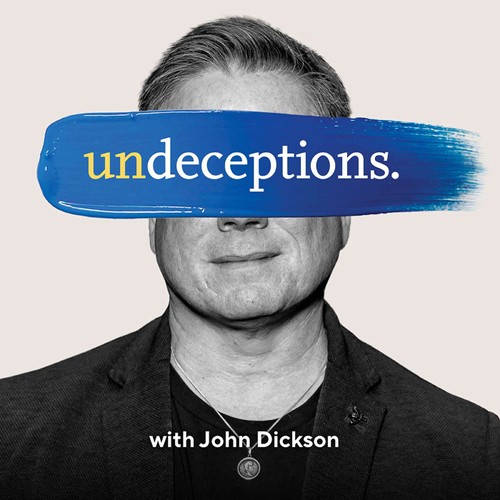
 Undeceptions with John Dickson
Undeceptions with John Dickson 26. Good Earth
Oct 25, 2020
Katharine Hayhoe, an atmospheric scientist and professor at Texas Tech, dives deep into climate change's reality irrespective of one's beliefs. She discusses the critical human impact on the environment and the varied perceptions across demographics. Hayhoe emphasizes the importance of biblical stewardship and challenges traditional views on humanity's responsibility toward nature. She shares how personal faith can bridge divides in climate discourse, advocating for urgent action and equitable policies to support vulnerable communities facing these challenges.
AI Snips
Chapters
Books
Transcript
Episode notes
Climate Change is Not a Belief
- Katharine Hayhoe, a climate scientist, was having lunch with a visitor who asked if she "believed" in climate change.
- She responded that it's not a matter of belief but of knowing, based on studying God's creation.
Katharine Hayhoe's Communication Superpower
- Katharine Hayhoe excels at communicating about climate change, emphasizing that people already care.
- Her TED Talk highlights the importance of simply discussing climate change.
Politicization of Climate Change
- The biggest predictor of climate change belief is political affiliation, not religion or scientific literacy.
- This polarization transcends denominations and is growing internationally.



